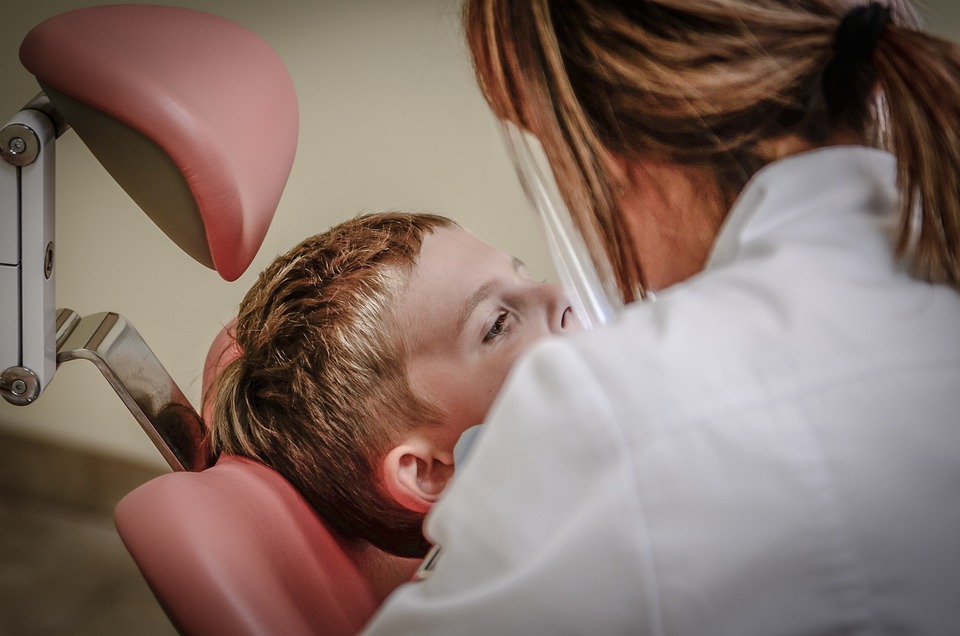What to Expect During Wisdom Teeth Extraction: A Step-by-Step Guide
Having your wisdom teeth extracted can be a daunting experience, but knowing what to expect can help ease your worries. In this guide, we will walk you through the process step by step so you know exactly what to expect before, during, and after the procedure.
Before the Extraction
Prior to the extraction, your dentist will conduct a thorough examination of your teeth and gums to determine the best course of action. X-rays may be taken to assess the position of your wisdom teeth and any potential complications.
You will be given instructions on how to prepare for the extraction, including whether you need to fast before the procedure and what medications you should avoid taking. It is important to follow these instructions carefully to ensure a smooth extraction process.
During the Extraction
On the day of the extraction, you will be given a local anesthetic to numb the area around your wisdom teeth. In some cases, general anesthesia may be used for more complex extractions or for patients with dental anxiety.
The dentist will then carefully remove the wisdom teeth, which may involve cutting through the gum tissue and bone to access the tooth. You may feel some pressure during the extraction, but you should not experience any pain.
After the Extraction
After the extraction is complete, the dentist will provide you with detailed instructions on how to care for your mouth as it heals. You may experience some swelling and discomfort in the days following the extraction, but this can usually be managed with over-the-counter pain medication.
It is important to follow all post-operative instructions provided by your dentist to prevent complications such as dry socket or infection. You should also avoid smoking, drinking through a straw, or eating hard or sticky foods during the healing process.
FAQs
1. How long does it take to recover from wisdom teeth extraction?
Recovery time can vary depending on the individual, but most people fully recover within a week to ten days. It is important to follow your dentist’s instructions to ensure a smooth recovery.
2. Can I drive myself home after the extraction?
If you were given a local anesthetic, you should be able to drive yourself home after the procedure. However, if you were given general anesthesia, you will need someone to drive you home.
3. Will I be able to eat normally after the extraction?
You may need to stick to soft foods for the first few days after the extraction to allow your mouth to heal. As you recover, you can gradually introduce more solid foods back into your diet.
4. How do I manage pain after the extraction?
Your dentist may prescribe pain medication to help manage any discomfort after the extraction. Over-the-counter pain relievers can also be effective in reducing pain and swelling.
5. What are the signs of complications after wisdom teeth extraction?
If you experience severe pain, excessive bleeding, persistent swelling, or signs of infection such as fever or pus, you should contact your dentist immediately as these may be signs of complications.
6. When can I resume normal activities after the extraction?
It is recommended to take it easy for the first few days after the extraction to allow your mouth to heal. You can gradually resume normal activities as you feel comfortable, but avoid strenuous exercise for at least a week.
7. Do I need to follow up with my dentist after the extraction?
Your dentist may schedule a follow-up appointment to check on your healing progress and remove any stitches if necessary. It is important to attend this appointment to ensure that your mouth is healing properly.
For more information on wisdom teeth extraction, check out this helpful article from Colgate.
 skyglide Explore Beyond
skyglide Explore Beyond

